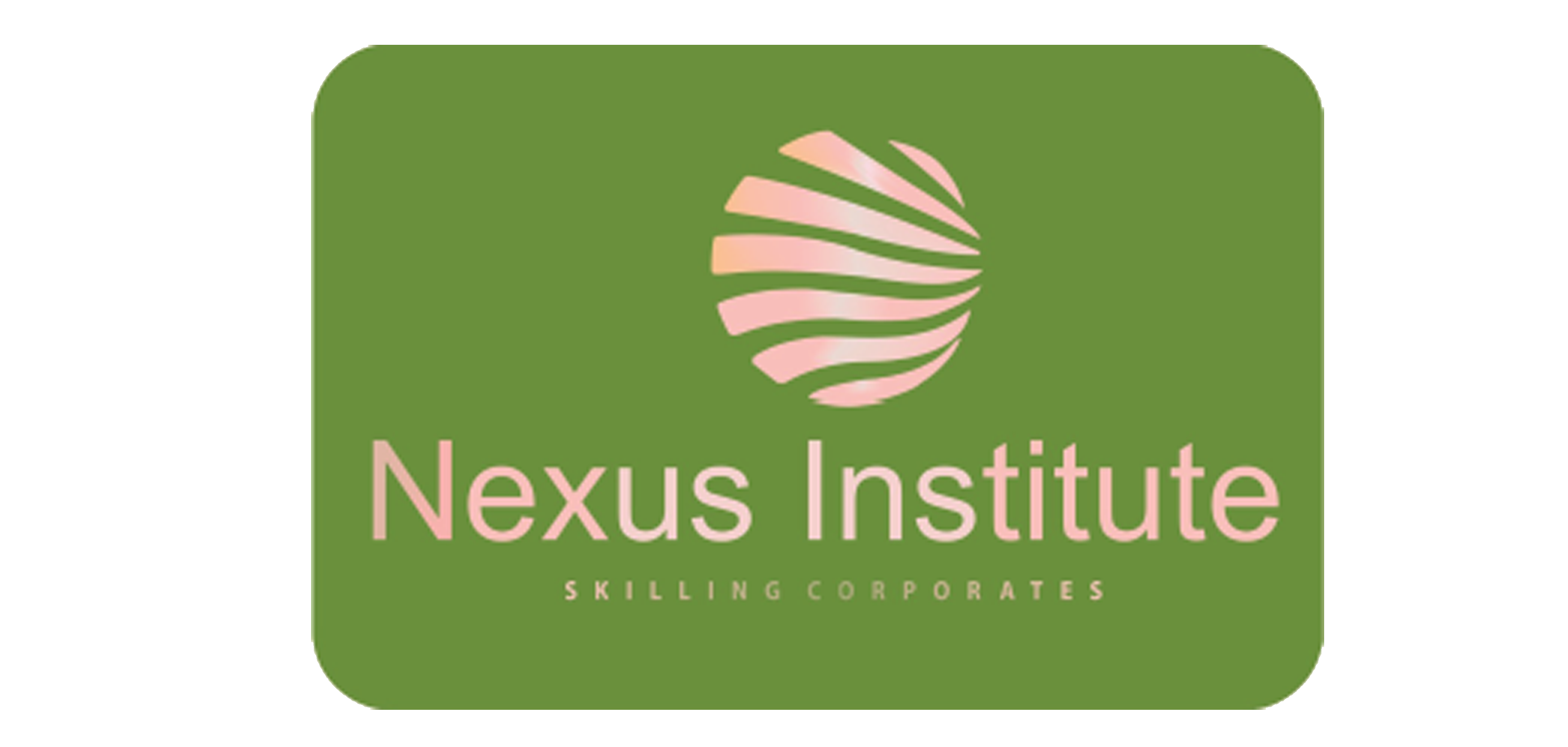Course Overview
Created by NGOs for NGOs, MEAL DPro improves MEAL skills across the humanitarian and development sector. This course covers the essential skills of NGO monitoring, NGO evaluation, accountability and Learning. MEAL (monitoring, evaluation, accountability, and learning) are essential to the success of every program and are a routine aspect of program management. Without a strong MEAL system, it would be impossible to monitor progress, make changes, identify unintended consequences of programs, and assess the influence the project has had on the lives of its beneficiaries. Through information sharing and the implementation of complaints or feedback channels, a MEAL system also aids in our ability to be accountable to our stakeholders and direct program implementation
What will you learn
- Design logic models that later become the foundation of MEAL in projects. These tools include the Theory of Change, Results Frameworks, and Logical Frameworks (logframes).
- Plan for MEAL using practical tools that include Performance Management Plans, Indicator Performance Tracking Tables, Summary Evaluation Tables, etc.
- Collect MEAL data by using well-designed qualitative and quantitative data collection tools, appropriate sampling methods, and recommended data management practices.
- Analyze MEAL data by using quantitative (descriptive and inferential) statistics and qualitative methods to analyze, interpret and visualize MEAL data.
- Use MEAL data to inform project decisions, communicate with stakeholders and practice adaptive management.
Who should attend
Project team members responsible for program implementation. This includes project managers, program managers, and other project associates. This course also provides an opportunity for more experienced team members to strengthen their understanding of specific MEAL topics. This includes entry-level MEAL specialists and more experienced MEAL staff who can use MEAL DPro resources to create a common language for MEAL systems among colleagues and partners.
Duration – 2 weeks
Course Content
Module 1
Ooverview of MEAL.
- Introduction to MEAL in Projects
- Components of MEAL, and the MEAL cycle
- Benefits of a strong MEAL system
- The relationship between MEAL and project management
- Ethical standards and cross-cutting principles of MEAL
Module 2
The focus on logic models.
- Logic Models
- The role of logic models in establishing a strong foundation for MEAL
- Theory of change
- Results framework
- Logical frameworks (log frames)
Module 3
How to build a log frame.
- Building a Logframe
- Vertical and horizontal logic of log frame
- SMART indicators
- Measurement methods
- Assumptions in project logic models
Module 4
Dive into how to plan for MEAL; start with M&E tools.
- Planning for MEAL Part 1: Monitoring and Evaluation Planning Tools
- Performance monitoring plans
- Indicator performance tracking table
- Evaluation summary table
- Data flow maps
- Evaluation terms of reference
Module 5
Accountability and Learning tools.
- Planning for MEAL Part 2: Accountability and Learning Planning Tools
- Communication plans
- FRMs
- Learning plans
Module 6
Collection and Management of MEAL data.
- Collecting MEAL Data
- Data collection tools
- Explain the basic principles of sampling
- Data management
- Databases and data entry
- Data quality
Module 7
Analysis of MEAL data
- Analysing MEAL Data
- Quantitative data analysis
- Descriptive statistics
- Inferential statistics
- Qualitative data analysis
- Data interpretation
Module 8
Utilization of MEAL data
- Using MEAL Data
- Adaptive management
- Data visualization(Dash boards,graghs,etc)
- MEAL reporting and communication
- Learning from MEAL data
Training Approach
This course is delivered by our seasoned trainers with vast experience as expert professionals in their respective practice fields. The course is taught through a mix of practical activities, presentations, group works and case studies. Training manuals and additional reference materials are provided to the participants.
Certification
Upon successful completion of this course, participants will be issued a certificate.
Tailor-Made Course
We can also do this as a tailor-made course to meet organization-wide training needs. A training needs assessment will be done on the training participants to collect data on the existing skills, knowledge gaps, training expectations and tailor-made needs



